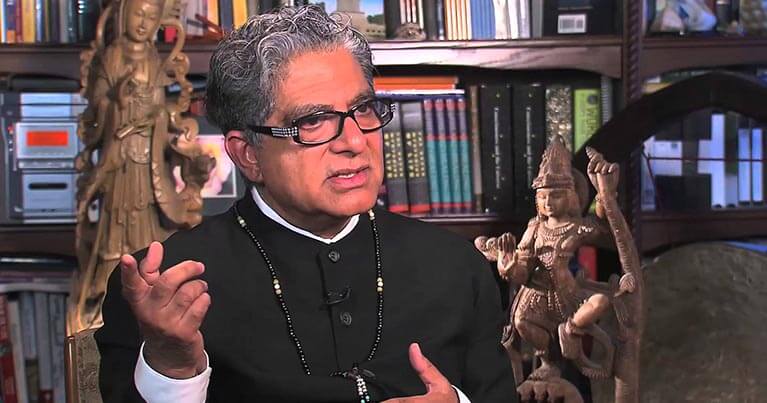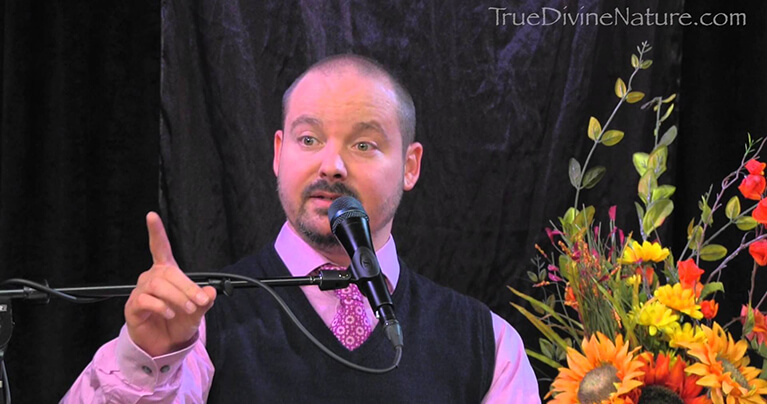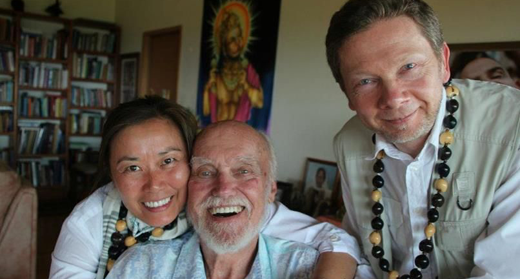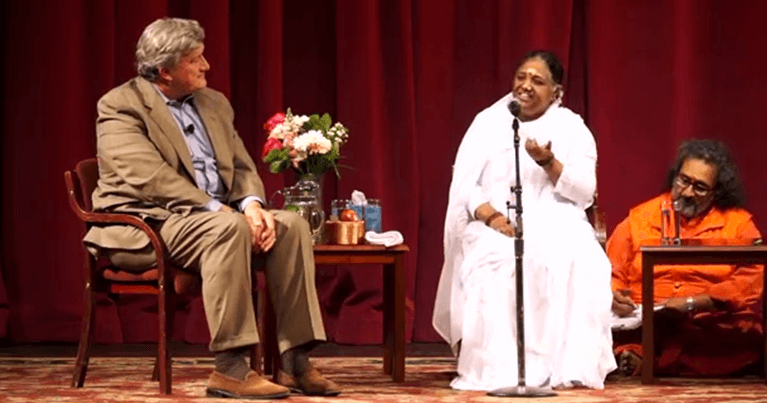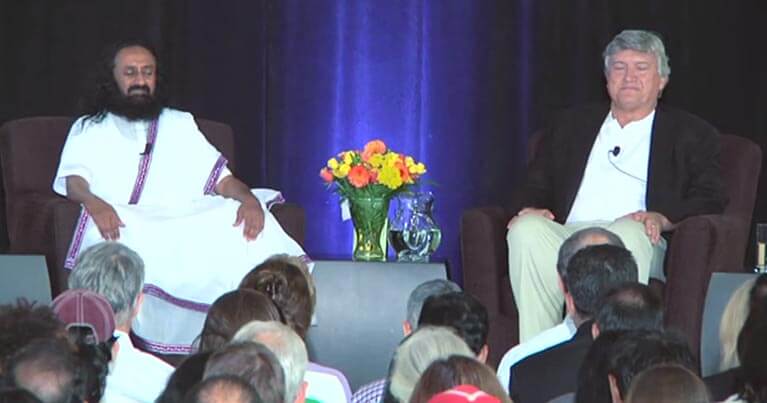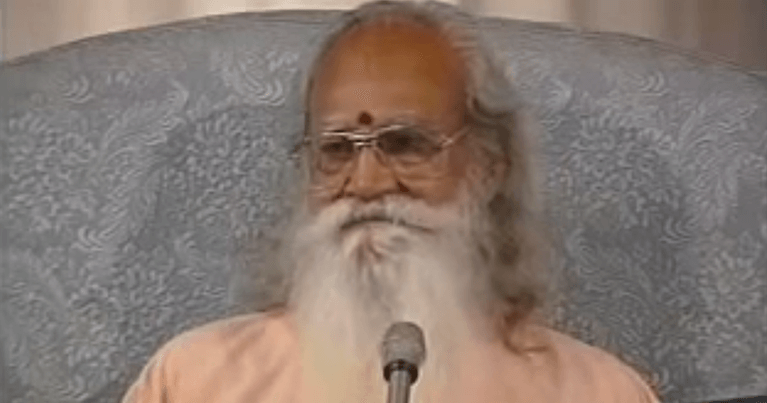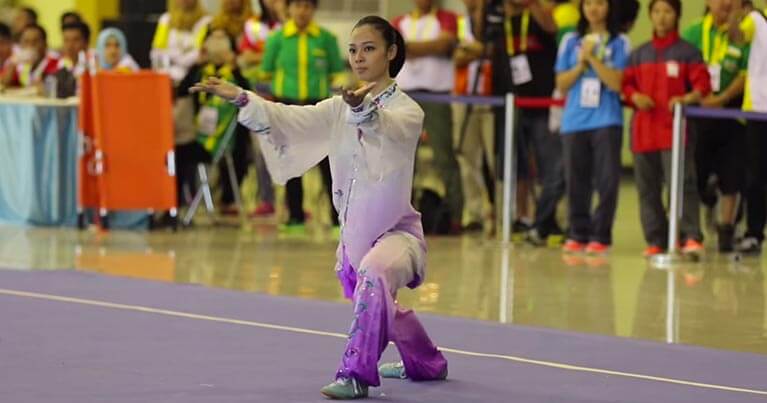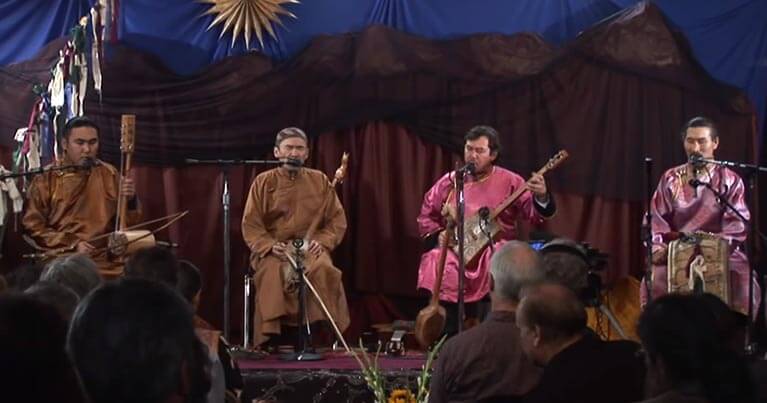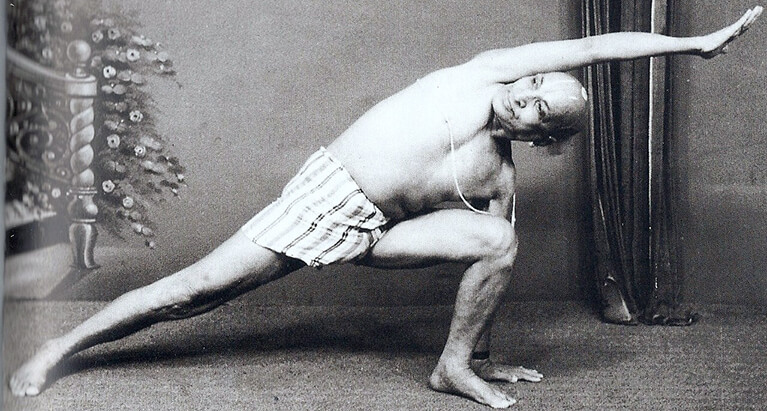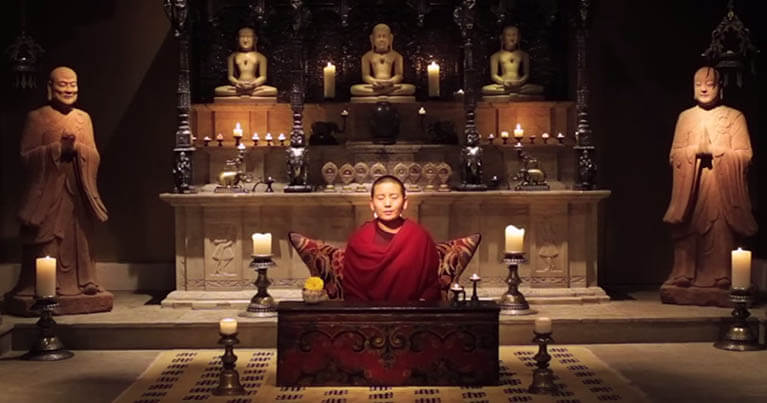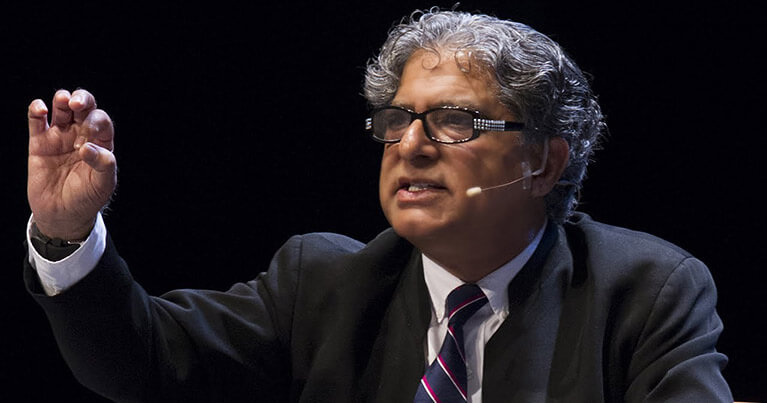Papaji — It’s So Simple
- Subscribe to BrightStar
- Follow Us:
Papaji — It’s So Simple
Hari Wench Lal Poonja was born into an upper-class Brahmin family on October 13, 1910 in Gujrunwala in western Punjab, a part of India that is now in Pakistan, and raised in nearby Lyalpur, now called Faisalabad. He was the nephew of Swami Rama Tirtha, a famous saint who died four years before Poonja’s birth.
He was a spiritual seeker from a very young age. When he was a small boy he saw a picture of Buddha as a skeletal ascetic and began to starve himself. His father had to take him to a doctor to make him eat again.
His first samadhi occurred when he was eight or nine. Since he lived in a Moslem part of India, he was taken to the local mosque, where his trance was diagnosed as possession.
The samadhi lasted several days. After it ended, in an effort to re-experience it, he followed his mother’s example and became a devotee of Krishna, chanting mantras for hours each day. His mantra practice continued until he reached his mid-thirties.
At age twenty, his marriage was arranged to a Brahmin girl, and he entered the army as an officer. Within a few years the couple had two children, Surendra and Surendri.
While in the army, Poonja woke up at two a.m. to seek visions of Krishna. They often occurred, but the experiences weren’t permanent, and he felt a painful sense of separation from God. He decided to leave the army so he could search for a guru who could help him stabilize permanently in a state of awareness of God.
He moved his family into his father’s house, resigned his commission, and left home to look for a guru. His search ended when he met Ramana Maharshi, who pointed out to him that visions of Krishna come and go, but the seer — the one who sees Krishna — is permanently present. “God cannot be an object that appears and disappears,” said Sri Ramana, “so find out who the seer is.”
Read more…



